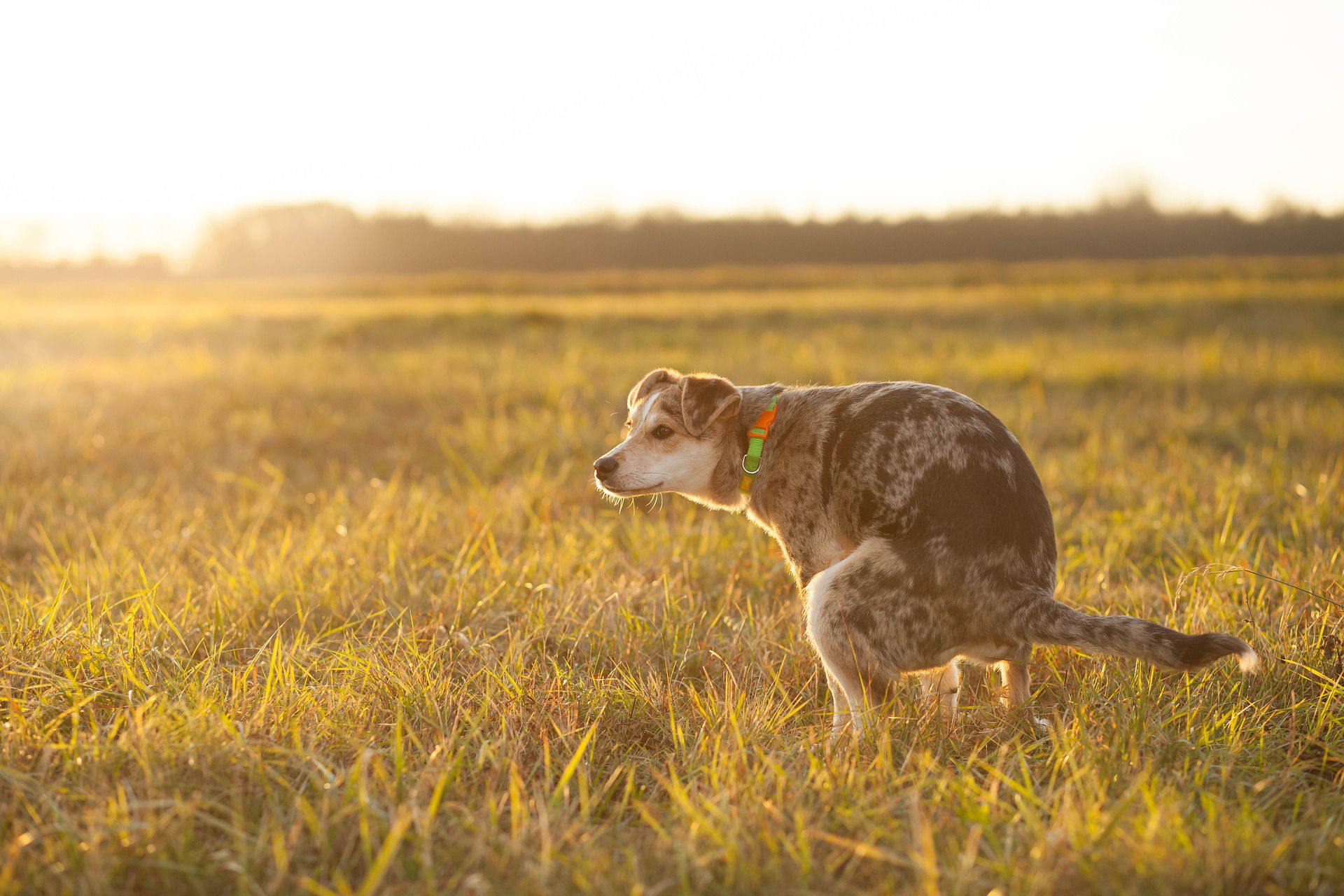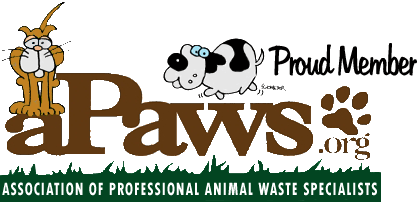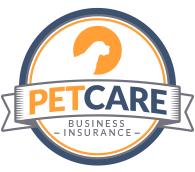Addressing the Dirty Truth: Common Dog Poop Problems and Solutions

Dog ownership is a rewarding experience filled with love, loyalty, and countless tail-wagging moments. However, it also comes with a less glamorous aspect: dealing with dog poop. Whether you're a seasoned pet parent or considering welcoming a new furry family member, understanding and addressing common dog poop problems is a crucial part of responsible pet ownership. In this blog, we'll delve into some of the most prevalent issues and offer solutions.
**1. "Poop Pickup Neglect": One of the most widespread dog poop problems is neglecting to clean up after your pet. Leaving poop in public areas or your own yard can lead to unsightly messes, unpleasant odors, and potential health hazards.
Solution: Always carry waste bags when walking your dog. Commit to cleaning up after your pet promptly. If you have a yard, establish a routine for scooping and disposal. If you are unable to or any other reason there are businesses that offer the service to pick up for you.
2. "Lawn Damage": Dog urine can create brown patches and damage your lawn. This issue is especially common in households with larger dogs.
Solution: Dilute the urine by watering the area right after your dog urinates. Consider training your dog to use a designated area in your yard, away from sensitive plants.
3. "Poop Eating (Coprophagia)": Dogs eating their own or other dogs' poop is a common but unpleasant behavior.
Solution: Consult your vet to rule out any underlying health issues. Train your dog to "leave it" and reward them for obeying. Keep the yard clean to minimize opportunities for poop consumption.
4. "Parasite Spread": Dog poop can contain parasites, posing a risk to other pets and even humans when left unattended.
Solution: Regularly deworm your dog and consult your vet for recommended treatments. Dispose of dog waste properly, and avoid allowing your dog to interact with other dogs' feces.
5. "Community Disputes": In apartment complexes or shared communities, disputes can arise due to pet owners not cleaning up after their dogs.
Solution: Use designated pet waste stations. If you manage a community, make sure waste stations are well-maintained and accessible. Encourage responsible pet ownership among residents.
6. "Environmental Impact": Dog waste contributes to pollution when it's not disposed of correctly, impacting local waterways and ecosystems.
Solution: Use biodegradable waste bags and dispose of pet waste in the appropriate receptacles. Consider composting if local regulations allow.
7. "Health Risks": Dog waste carries bacteria and pathogens that can pose health risks to humans, especially children.
Solution: Ensure that family members, especially children, understand the importance of avoiding contact with dog waste. Maintain a clean and hygienic outdoor space.
Addressing dog poop problems isn't just about maintaining a clean and pleasant environment; it's also a matter of public health and responsible pet ownership. By being proactive and considerate, you can keep your surroundings clean, your pets healthy, and your community harmonious. Let's work together to ensure a cleaner and safer world for everyone, humans and dogs alike. #ResponsiblePetOwnership #CleanerCommunities




